With relative calm achieved in Gaza and Lebanon following targeted strikes against Hamas and Hezbollah leadership, Israel is considering escalating its military actions against the Houthi rebels in Yemen. Former Israeli officials suggest that now is an opportune time to focus resources on weakening the Houthi leadership.
Retired Maj. Gen. Amos Yadlin, former head of Israeli Military Intelligence, advocates for both attacks on infrastructure and targeted killings of Houthi leaders, echoing the strategy employed against Hamas and Hezbollah. He believes that swift action against the Houthis is crucial.

The Houthi movement is led by Abdul Malik Badruddin Al-Houthi, designated as a global terrorist by the U.S. State Department. Other key figures include Abdul Khaliq Badruddin Al-Houthi, commander of the Republican Guard, and Muhammad Ali Al-Houthi, a member of the Supreme Political Council.

While targeted assassinations require extensive intelligence gathering, experts believe Israel has the capability to carry them out in Yemen, drawing parallels with past operations against individuals in Iran. However, the logistical challenges of operating in Yemen are significant, requiring careful planning and real-time intelligence.
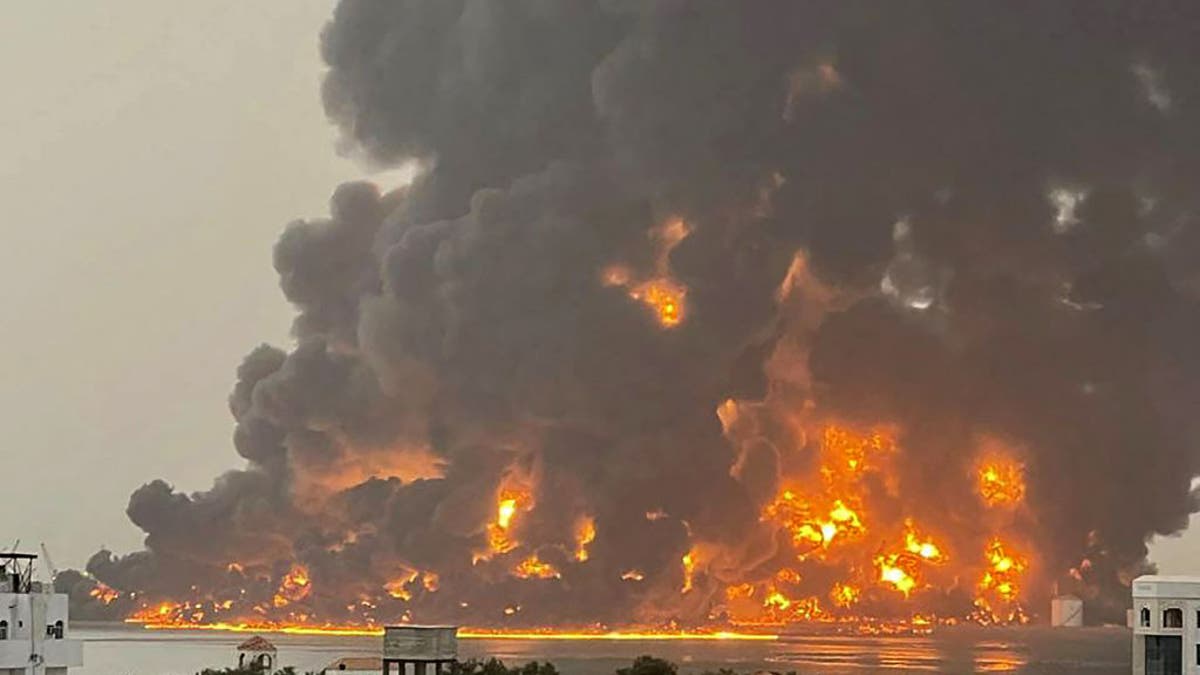
Following a Houthi missile attack on an Israeli elementary school, the Israeli Air Force (IAF) launched airstrikes on various targets in Yemen, including ports, power stations, and an oil terminal. This demonstrates Israel's willingness to respond to Houthi aggression, despite the considerable distance involved.
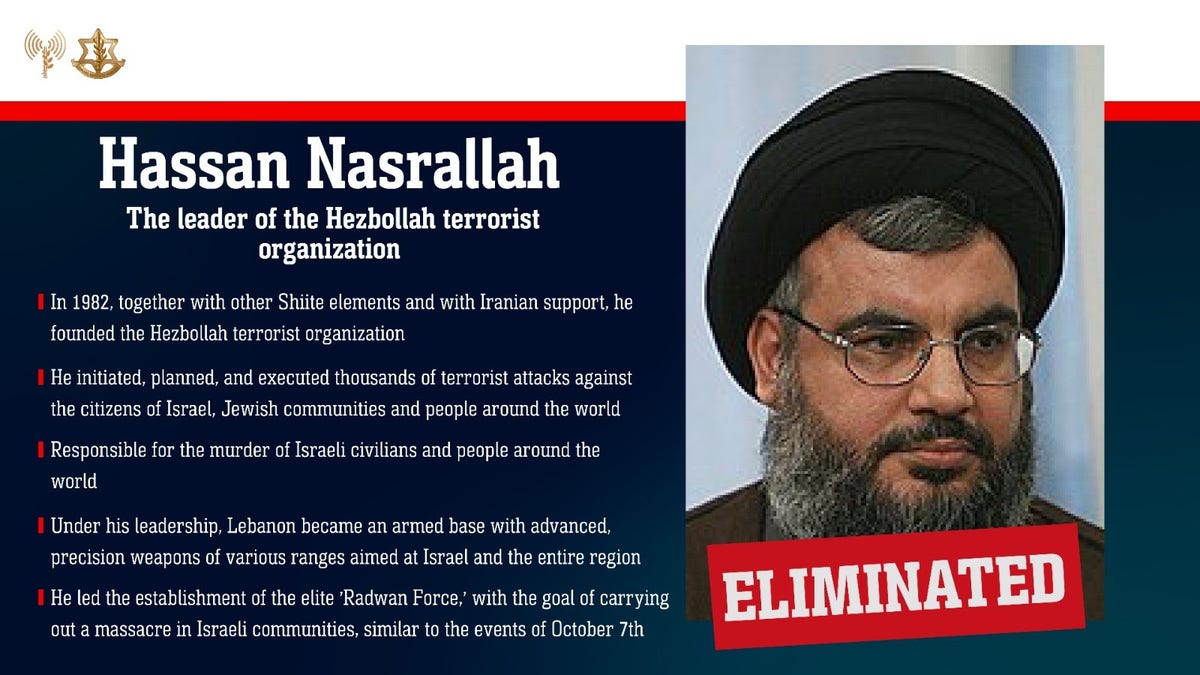
The Houthis have launched numerous missiles and drones at Israel since the Hamas attacks in October 2023, and have also targeted commercial vessels. This escalating threat has prompted strong warnings from Israeli officials, who have vowed to take decisive action against the Houthi leadership.
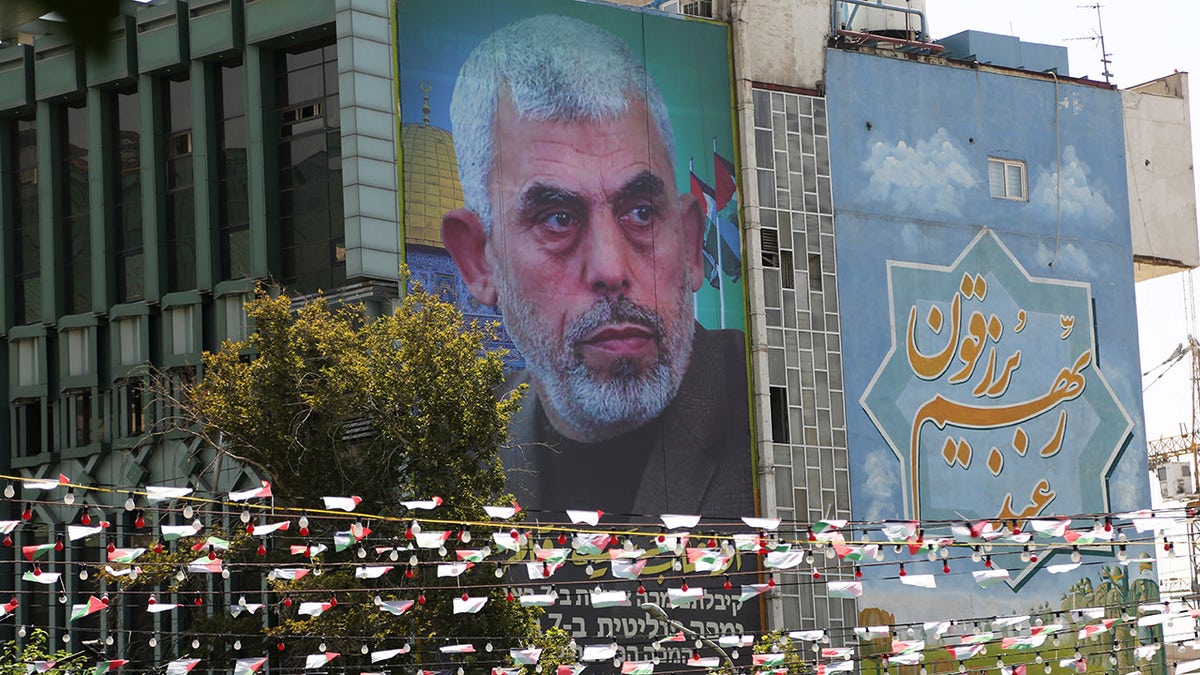
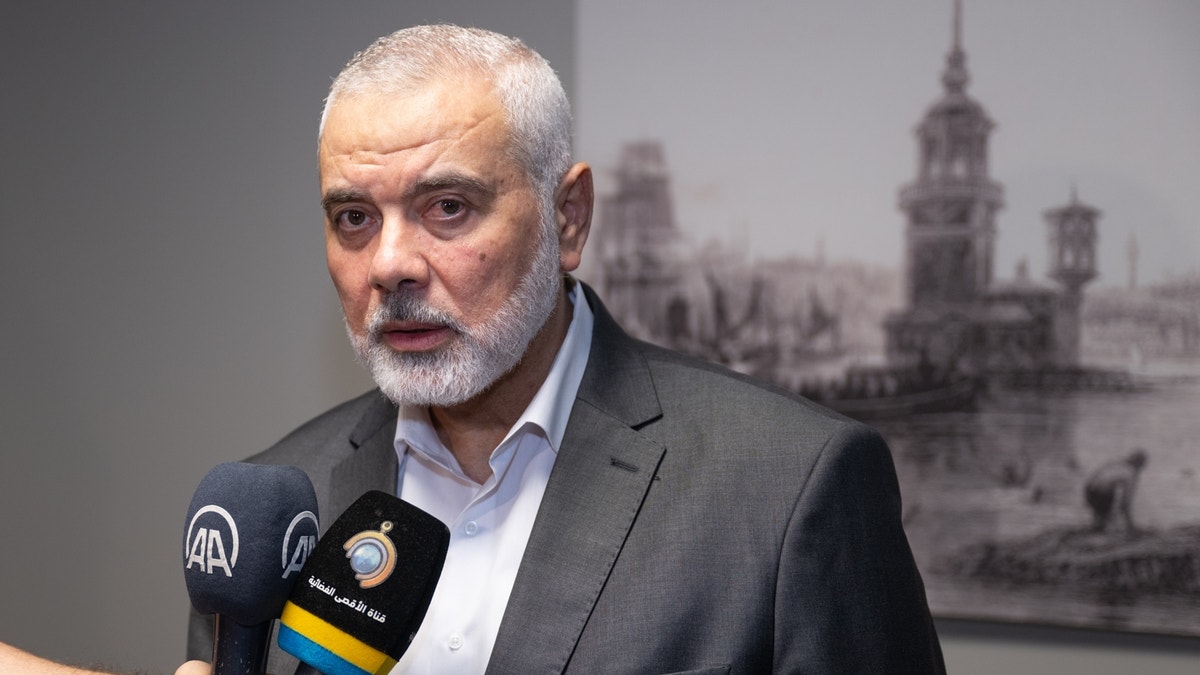

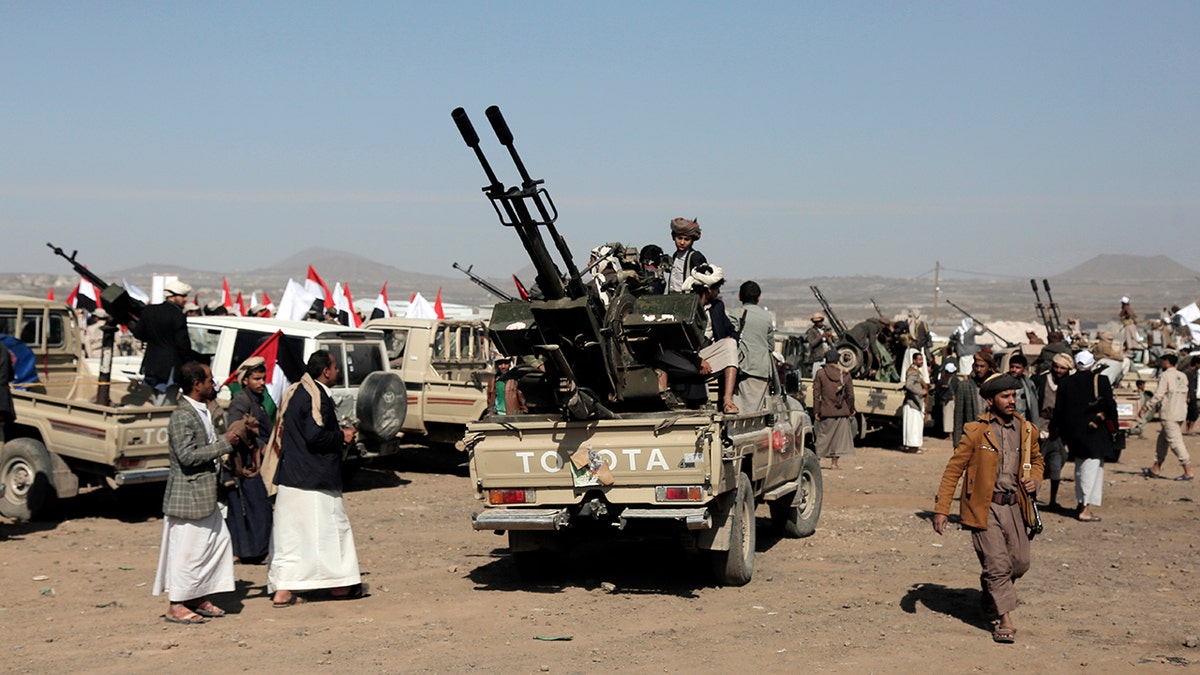
The international community is closely watching the situation, with the U.S. acknowledging Israel's right to self-defense. The ongoing conflict in Yemen adds another layer of complexity, and it remains to be seen how Israel's actions will impact the broader regional dynamics.








